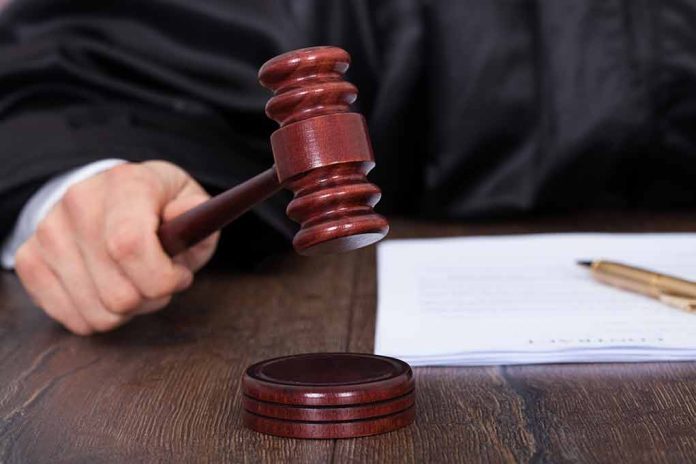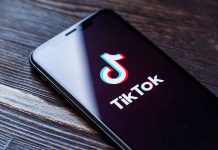
A federal judge has dismissed a copyright lawsuit against OpenAI, dealing a blow to media outlets seeking to protect their content from AI exploitation.
At a Glance
- Judge Colleen McMahon dismissed Raw Story and AlterNet’s lawsuit against OpenAI
- The outlets failed to demonstrate concrete injury from OpenAI’s use of their content
- The ruling emphasizes the need for clear evidence of harm in copyright cases
- This decision could impact future disputes between media organizations and AI companies
Judge Dismisses Lawsuit, Citing Lack of Concrete Injury
In a significant ruling that could shape the future of AI and media relations, New York federal Judge Colleen McMahon has dismissed a copyright lawsuit filed by Raw Story Media Inc. and Alternet Media Inc. against OpenAI Inc. The judge’s decision hinged on the plaintiffs’ failure to demonstrate any concrete injury resulting from OpenAI’s use of their news articles to train its AI chatbot, ChatGPT.
The lawsuit, filed in February, focused on alleged violations of the Digital Millennium Copyright Act (DMCA) rather than direct copyright infringement. The media outlets argued that OpenAI had removed copyright management information from their articles when using them as training data for ChatGPT. However, Judge McMahon ruled that this removal alone was not sufficient to establish standing for the lawsuit.
Judge dismisses news outlets’ lawsuit against OpenAI https://t.co/8YCBYFMzpH
— The Hill (@thehill) November 10, 2024
Implications for AI and Media Industries
This ruling could have far-reaching consequences for both the AI industry and media organizations. It reinforces the notion that media companies must prove actual harm, not just potential future damages, when challenging AI companies’ use of published content. This decision may influence how news organizations approach the protection of their intellectual property in the rapidly evolving artificial intelligence landscape.
“We view this principle as fair to creators, necessary for innovators, and critical for US competitiveness” a spokesperson said in an emailed statement.
While some media outlets are pursuing legal action, others have chosen a different path. Several major media companies, including The Associated Press and Axel Springer, have opted to partner with OpenAI instead of engaging in litigation. This divergence in strategies highlights the complex landscape that media organizations must navigate in the age of AI.
Ongoing Legal Battles and Future Implications
Despite this setback for Raw Story and AlterNet, the legal battle between media outlets and AI companies is far from over. The New York Times continues its separate lawsuit against OpenAI, with a hearing scheduled for December 3, 2024. This ongoing case, along with others, will likely play a crucial role in shaping the legal framework governing AI technology and media content.
A federal judge on Thursday dismissed two news outlets’ lawsuit against OpenAI over its use of their copyrighted content to train ChatGPT, finding that failed to show an actual injury.
Raw Story and AlterNet sued the artificial intelligence (AI) company in February, alleging… pic.twitter.com/JU7hy9fGqC
— Melissa Hallman (@dotconnectinga) November 8, 2024
“Given the quantity of information contained in the repository, the likelihood that ChatGPT would output plagiarized content from one of Plaintiffs’ articles seems remote.” McMahon wrote.
Judge McMahon’s ruling also acknowledged that newer versions of ChatGPT pose less risk of direct content reproduction, a factor that could influence future legal decisions. As AI technology continues to advance, courts will need to grapple with increasingly complex questions about fair use, copyright, and the boundaries of innovation.
This case serves as a reminder of the need for clear legal frameworks to govern the intersection of AI and media. As technology outpaces existing laws, lawmakers and courts will be called upon to strike a balance between protecting intellectual property rights and fostering technological innovation. The outcome of these legal battles will likely shape the future of both industries for years to come.
Sources:
- OpenAI Beats Raw Story Copyright, Training Lawsuit, for Now (1)
- Judge dismisses news outlets’ lawsuit against OpenAI
- OpenAI defeats news outlets’ copyright lawsuit over AI training, for now
- Judge Dismisses Copyright Lawsuit Against OpenAI














